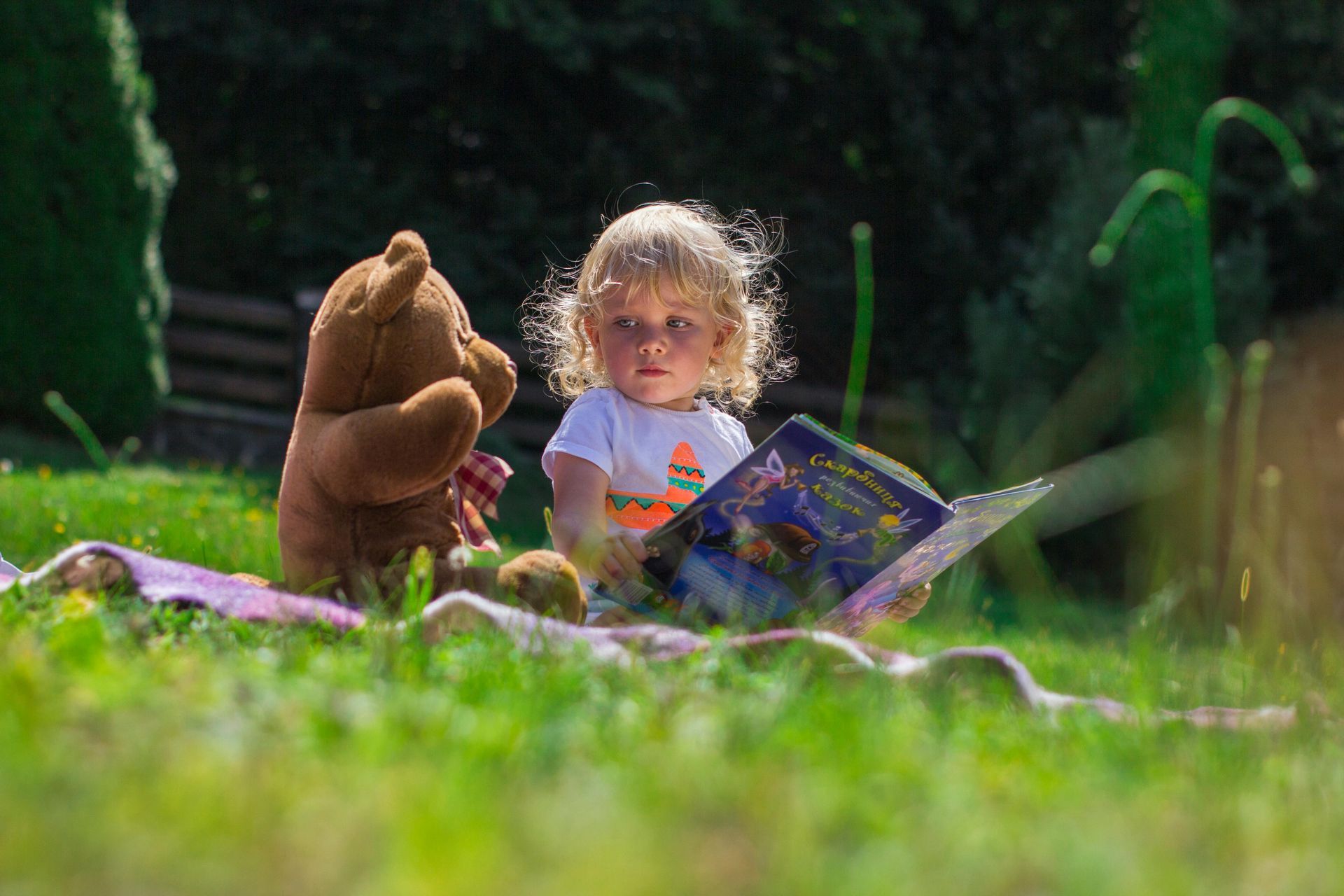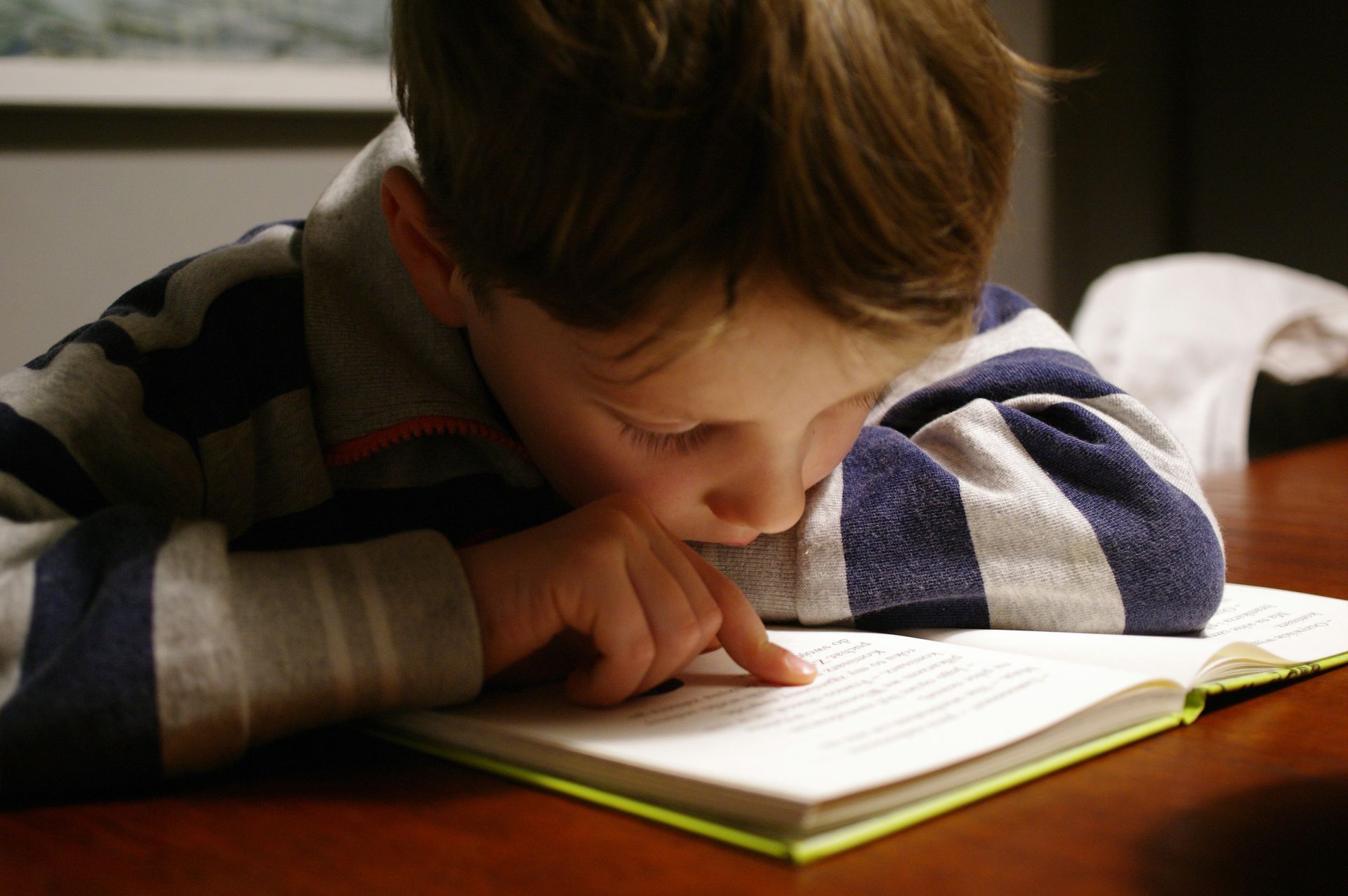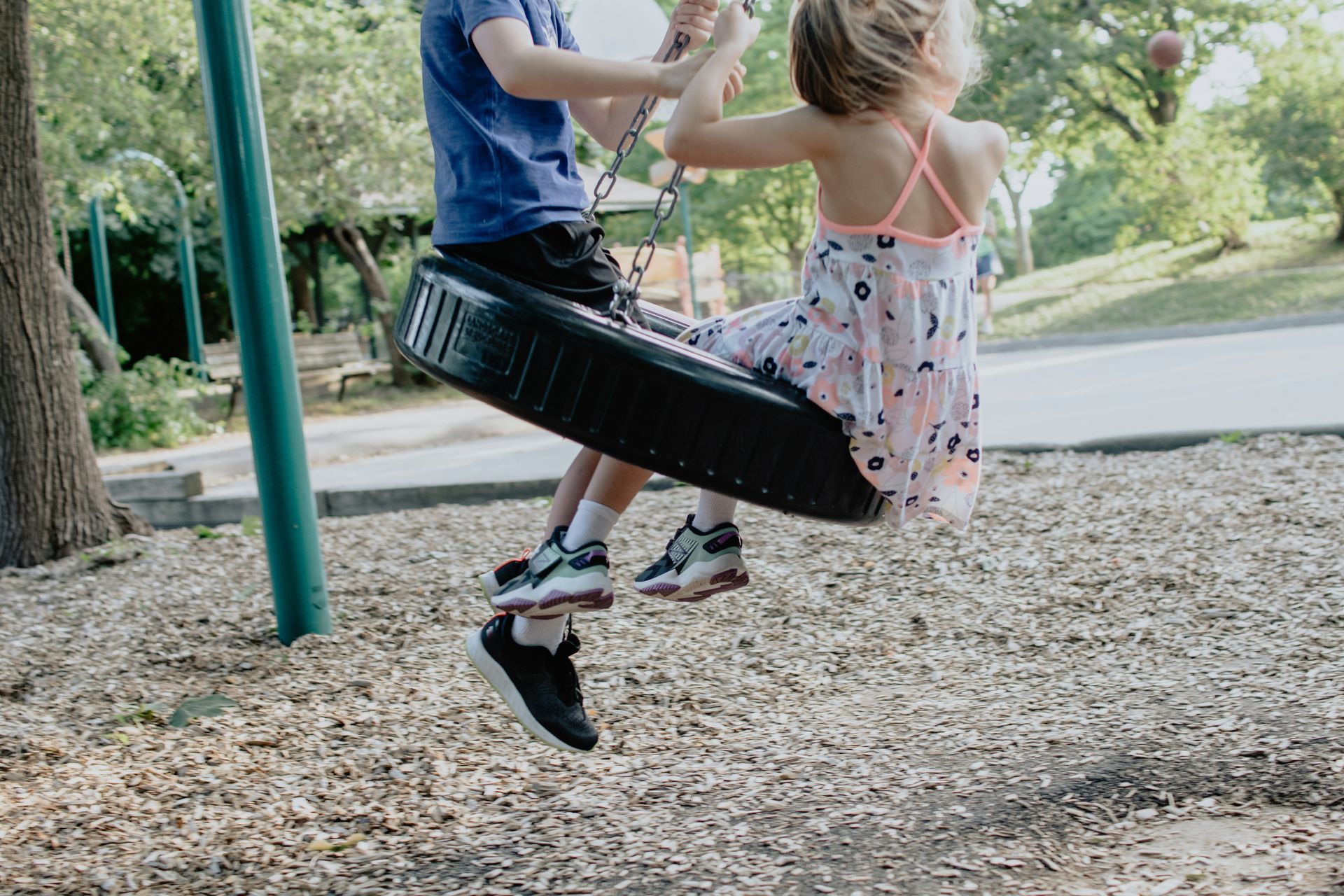How Reading Supports Mental Health in Young Children
How Reading Supports Mental Health in Young Children

For young children, reading is not just a way to build literacy skills—it’s a pathway to better mental health. Stories help children understand their feelings, develop empathy, and learn coping strategies in a gentle, age-appropriate way. Books like Allie Mary’s Mabel series are particularly effective in this regard, as they tackle emotional themes such as anxiety and happiness through relatable and engaging stories.
Building Emotional Vocabulary
Children often struggle to articulate their emotions. Reading books with characters like Mabel allows them to see their feelings reflected in relatable scenarios. For example, in Mabel Meets Her Worry Beans, children learn to identify and manage anxiety, while Mabel Finds Her Happy helps them understand joy and the importance of positive thinking. These stories provide children with the vocabulary to express themselves and a safe way to explore complex emotions.
A Safe Space for Coping
Reading offers a safe and structured way for children to work through their feelings. Stories with familiar characters like Mabel provide examples of how challenges can be faced and overcome, teaching resilience. Whether it’s learning to share, dealing with fears, or building friendships, children can see these scenarios play out in a non-threatening environment.
Promoting Relaxation and Routine
For many children, reading is part of a comforting routine. Whether it’s a bedtime story or a quiet afternoon read, books help children unwind, reducing anxiety and promoting mindfulness. Engaging stories like those in the Mabel series help create a positive and calming ritual, contributing to a child’s overall well-being.
Strengthening Parent-Child Connections
Reading together strengthens bonds between children and their caregivers. Parents can use stories like Mabel Helps A Friend to start conversations about empathy and kindness, creating opportunities to connect on a deeper level. This shared time not only supports emotional development but also builds trust and communication within the family.
Developing Empathy and Social Skills
Books that address emotions help children understand different perspectives and build empathy. Mabel’s relatable adventures teach lessons about friendship, cooperation, and compassion, giving children a framework to navigate their own social interactions.
Conclusion
Reading plays a vital role in supporting young children’s mental health. Stories like those in the Mabel series by Allie Mary not only entertain but also educate, helping children understand and manage their emotions in a safe and meaningful way. By incorporating books like these into your child’s routine, you’re giving them the tools to grow emotionally, build resilience, and thrive.

Design & Build by Kangaroo UK









